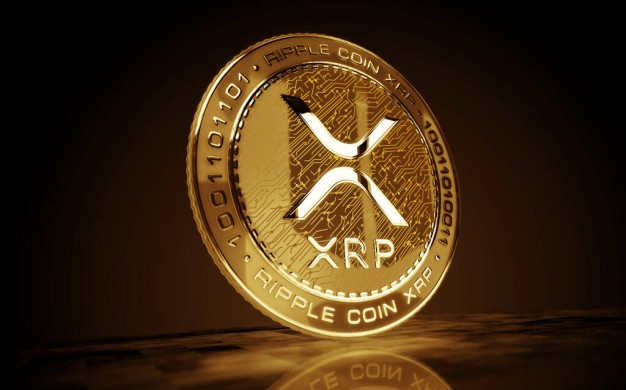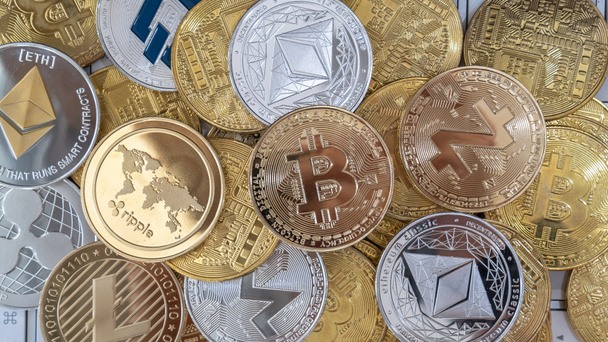For centuries, gold has stood as the ultimate store of value — scarce, durable, and universally recognized. But the financial preferences of the next generation, known as Generation Alpha (born after 2010), will likely redefine what “value” means. Unlike previous generations, they are growing up in a world where Bitcoin is not a novelty but a normalized part of everyday life.

Born Into a Digital-First Economy
Generation Alpha will not encounter Bitcoin as something disruptive or experimental. Instead, it will already be woven into their digital environment — from financial apps to gaming platforms and even school discussions. To them, money and value will be digital by default. While older generations viewed gold as tangible security, Gen Alpha may see it as little more than a historic relic — shiny, but impractical in a cashless, fast-moving economy.
Accessibility Redefined
Owning gold requires dealers, storage, and security. By contrast, Bitcoin can be acquired with just a few taps on a smartphone. Child-friendly fintech apps, digital allowances, and blockchain-based games may introduce Gen Alpha to Bitcoin even before they fully understand savings accounts. This ease of access lowers barriers that once made crypto feel technical or intimidating.
Trust Through Transparency
Gen Alpha is growing up in an era of economic volatility and widespread skepticism toward institutions. Unlike older generations who lost trust gradually, this generation begins with an inherent doubt of centralized systems. Bitcoin’s open-source, auditable, and decentralized design fits perfectly into their worldview. It doesn’t demand trust; it allows verification. In a culture shaped by the mantra “don’t trust, verify,” Bitcoin is likely to resonate more strongly than traditional financial instruments.

Source: create.vista.com
Cultural and Social Familiarity
Bitcoin isn’t just a financial asset — it’s a cultural phenomenon. From memes and influencers to integration in games and loyalty programs, digital assets are increasingly woven into pop culture. Just as social media became second nature to Gen Z, Bitcoin and other digital assets will become native to Gen Alpha’s identity. Gold, in comparison, lacks this cultural presence and relevance.
Programmable and Borderless Value
Gold is static: heavy, difficult to transfer, and limited in use. Bitcoin is the opposite—programmable, divisible, and borderless. As digital natives, Gen Alpha will expect financial systems to be adaptive and efficient. Bitcoin’s flexibility within decentralized finance will align naturally with their expectations for seamless, tech-driven solutions.
Bitcoin as the Default, Not the Alternative
Each generation reshapes finance in its own way. Millennials explored Bitcoin. Gen Z embraced it as an alternative. But for Generation Alpha, Bitcoin won’t feel like a replacement for gold or traditional money. It will simply be the system they’ve always known.
Gold may have defined the past, but Bitcoin is shaping the future. For Generation Alpha, the choice won’t be between gold and Bitcoin. Their wallets will already know the answer.
Learn from market wizards: Books to take your trading to the next level

 Hot Features
Hot Features











